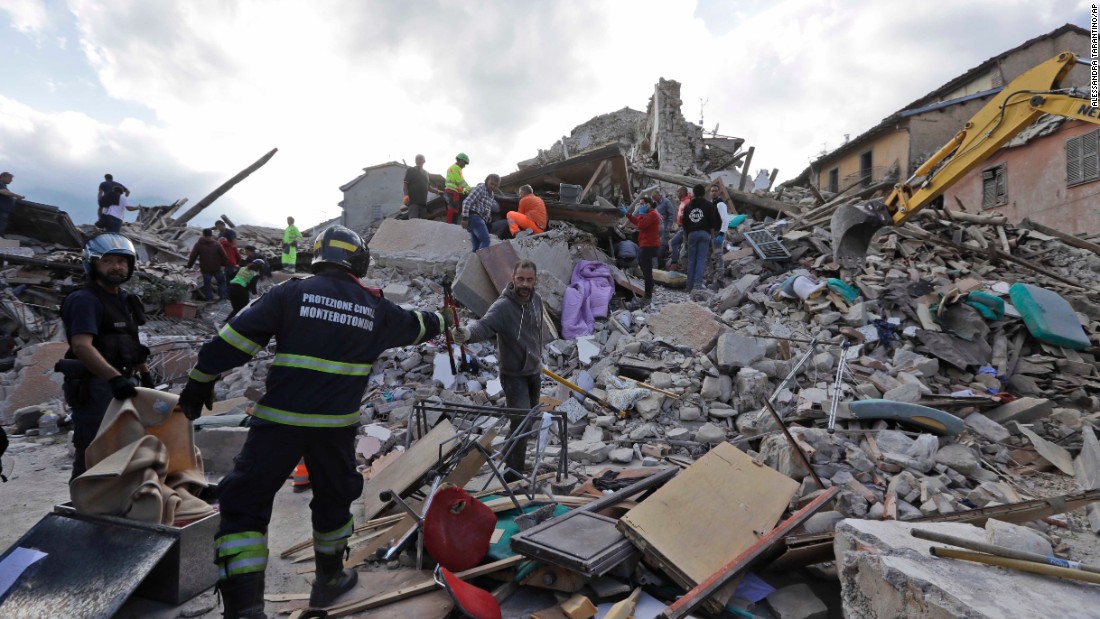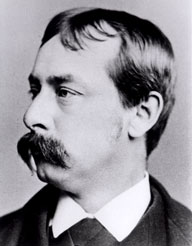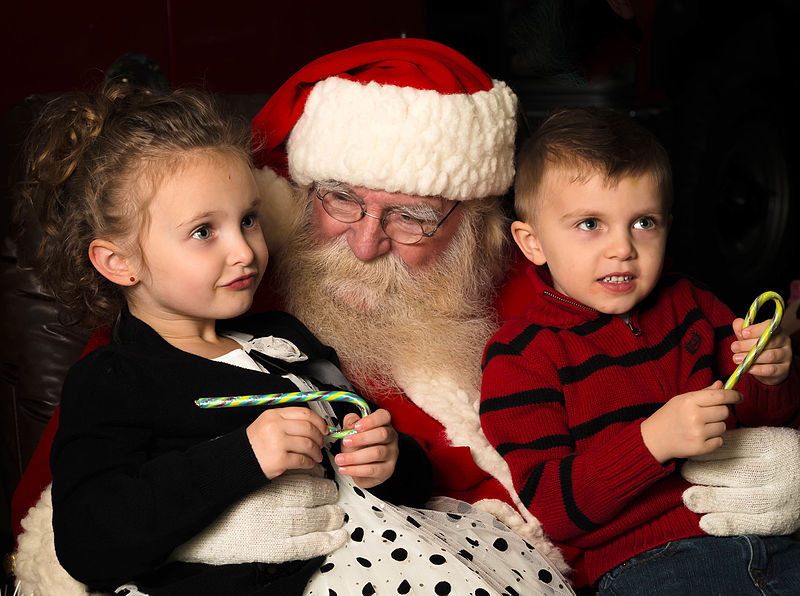Landschlacht, Switzerland, 29 August 2016

An earthquake, measuring 6.2, hit central Italy five days ago (24 August 2016) at 03:36:32.
This quake resonates with me, not only because Canadians were among its victims, not only because the quake was felt in cities my wife and I have visited, and not only because of the massive destruction and loss of life.
The quake, according to insurance parliance an “act of God”, was first described by Western media as having occurred “near Norcia”.
And it is these words “near Norcia” that make me think of a little town in Western Australia, 132 km (82 miles) north of Perth, along the Great Northern Highway, by the banks of the Moore River, the only monastic town on the Australian continent, New Norcia, and the 11 monks who allowed me to share their monastic lives for a short time.

It is these words “near Norcia” and “act of God” that make me ponder questions of mortality and religious belief and the enigma of why and how tragedy strikes humanity.
I have a student, one of many I have had the pleasure and privilege to teach, who is a stage actor, playwright and director in St. Gallen, one of the towns I teach in here in eastern Switzerland.
He is rare amongst the student body that I have taught, for in the short time that I have known him, we have become more than teacher and student.
We have become friends – friends who discuss all manner of topics.
Somehow, like explorers into the unknown. the discussion of the day turned to religion.
David asked me what I thought of religion…
A dangerous topic, a sensitive topic…
I had to tread carefully.
I think, like any rational man who has not immersed himself into following any one faith, I must confess I have a hard time with the concept of God or gods, for faith to be faith requires a suspension of belief, the willingness to believe something to be true regardless of whether any evidence exists to support this belief.
And for most of the world’s religions it seems that the strongest proof of the existence of God is the inability to disprove the existence of God.
In a way I am reminded of the movie Harvey starring James Stewart – the story about a man, Elwood P. Dowd, whose best friend is a pooka, a benign but mischievous creature from Celtic mythology who is fond of social outcasts and appears to look like a 6′ 3.5″ tall, invisible rabbit.

Harvey exists because Elwood believes he exists… and yes, Virginia, there is a Santa Claus.

I don´t begrudge people their beliefs if these beliefs give them comfort and strength and cause no harm to others.
In 1897, Dr. Philip O’Hanlon, a coroner’s assistant on Manhattan’s Upper West Side, was asked by his 8-year-old daughter, Virginia, whether Santa Claus really existed.
O’Hanlon suggested she write to The New York Sun, assuring her that “If you see it in the Sun, it’s so.”
(This reminds me of some fundamentalist Baptists I know who would say that the Bible is the actual word of God, so if God said it, they believed it and that settled it.)
Virginia wrote:
“Dear Editor,
I am 8 years old.
Some of my little friends say there is no Santa Claus.
Papa says, “If you see it in the Sun, it’s so.”
Please tell me the truth.
Is there a Santa Claus?
Virginia O’Hanlon”
One of the Sun‘s editors, Francis Church, took the opportunity to rise above the simple question and address the philosophical issues behind it.

“Virginia, your little friends are wrong.
They have been affected by the skepticism of a skeptical age.
They do not believe except they see.
They think that nothing can be which is not comprehensible by their little minds.
All minds… are little.
In this great universe of ours man is a mere insect, an ant, in his intellect, as compared with the boundless world about him, as measured by the intelligence capable of grasping the whole of truth and knowledge.
…He exists as certainly as love and generosity and devotion exist, and you know that they abound and give to your life its highest beauty and joy.
(Without)…there would be no…faith, no poetry, no romance to make this existence tolerable.
We would have no enjoyment, except in sense and sight.
The eternal light…which…fills the world would be extinguished.
…Nobody sees Santa Claus, but that is no sign that there is no Santa Claus.

The most real things in the world are those that neither children nor men can see.
Did you ever see fairies dancing on the lawn?

Of course not, but that´s no proof that they are not there.
Nobody can conceive or imagine all the wonders there are unseen and unseeable in the world.
…(T)here is a veil covering the unseen world which not the strongest man, nor even the united strength of all the strongest men that ever lived, could tear apart.
Only faith, fancy, poetry, love, romance, can push aside that curtain and view and picture the supernal beauty and glory beyond.
Is it all real?
…(I)n all this world there is nothing else real and abiding….”
Many children take great comfort in the thought of a Santa Claus.
Many adults take great comfort in the thought of a God.
Then how does belief in an unproveable someone, something, beyond our gaze, beyond our existence, helps us to deal with the reality of suffering and pain and injustice?
If God exists I like to think that He is that part of us that strives to be good, that part of us that is the strength we didn´t know we possessed, that part of us that is accessable only when we are quiet, that part of us that feels joy when gathered together with others in celebration of life and contemplation of its wonders and mysteries.
I cannot speak for religions I barely know and hardly understand, so I will neither praise or criticize others´ beliefs, though I think that there is much that each and every religion can teach us if we are willing to learn.
When I consider the tragedy of Amatrice where so many lives were lost, so many loved ones suffering, devastation and loss that are difficult to cope with, I am like others before me who try to comprehend the reason behind such catastrophe.
Did the 300 dead, the 65,000 displaced, deserve their fate?
I cannot believe this.
I will not believe this.
Certainly not all of these folks were saints, but neither were they all sinners.
Now one might argue that living in or visiting one of Italy`s most seismically sensitive areas is asking for trouble, but by that argument then one should abandon California.
People have lived and visited Italy for generations and science has not developed to the point where we can predict the magnitude and location of earthquakes to come.
And even if we could, wouldn’t you find it painful to leave friends and family and traditions that made you who you are today?
No, even if Amatrice could have been predicted, one´s heritage and homeland is important.
So, why do these tragedies happen?
Why believe in a just and fair and liveable world or in the goodness and kindness of a God we are not even certain exists?
Besides natural disasters, the news is filled with senseless murders, accidental deaths, ravaging diseases, violence of every unimaginable sort, young people dying before their parents, wars that never end but simply move to another location.
Where is the love, the justice, the rationale?
Why do people suffer, people who may have never done anything wrong?
I think part of the answer is happening outside my window this morning…
It is raining, undiscriminately on everyone and everything.

Merit has nothing to do whatsoever in this natural occurence or in any natural occurence that happens in the world.
Nature has its own laws, regardless of whether we approve of them or not, whether we understand them or not.
Consider a baby.

Babies must think that the universe revolves around them, for usually they find that when they do something the world reacts.
Cry – people come running to offer you food or comfort or to ease pain.
Pee or poo – people change your diaper.
Hold your arms out – people hold you close.
And though every day is a struggle and a new adventure, you are protected and nurtured and guided and are the centre of the universe you perceive.
Babies grow into adults, but within many of us is the idea that somehow our behaviour affects the world around us, that somehow we have a semblance of control over the fates and that if something bad has happened to us that somehow we are to blame.
If only I had done this, if only I hadn’t done that, then the bad event would not have happened.
Sadness and sorrow and suffering, violence and death and destruction, have existed since time forgotten and will continue to exist til time unimaginable, regardless of who we are or whether we deserve what happens to us.
But as well happiness and joy and pleasure, peace and new life and new hope have also existed and will always exist, regardless of who we are or whether we are deserving or not.
The laws of nature will continue and freedom of choice will cause men to do things that will either hurt others or make others happy.
Such is life.
The rain will fall on good and bad people.
People will act according to their natures and choices they make will be ones that may benefit themselves and others or may not.
Life is random, chaotic, nonsensical and irrational at times.
Life is an adventure, a challenge of high peaks and low valleys, of great benefit and great loss, of great joys and great sorrows.
If God exists I don’t think that He is responsible either for the laws of nature nor the results of the free will of mankind.
If God exists I think He is that strength within you that you thought you didn’t have, that empathy you possess to care about others.
Consider the story of Job, a good man who suffered greatly, for he lived in an unjust world from where fairness cannot always be expected.

His friends suggested that perhaps Job brought his troubles upon himself and Job questioned why he a good person suffered when God was supposed to be goodness and justice in its highest form.
We are angry at the injustice of it all, for we are good people deserving of love and fortune and happiness.
I wonder:
Would we recognize love and fortune and happiness if their opposites did not exist?
It is this duality, and how we deal with it, that makes us human.
I feel deep sadness when I consider Amatrice.
I am angry that this situation came to them.
I feel hope that others feel sorrow and anger at this situation and the world reaches out to Amatrice with compassion.
That hope I feel is as real as Elwood’s Harvey, Virginia’s Santa Claus and Job’s Jehovah.
I can’t see it.
I can’t prove its existence.
It is real nonetheless.
